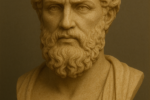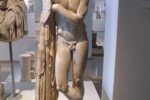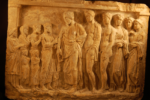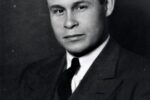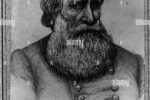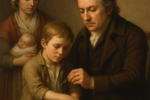Global Healthcare
-
The World’s First Bioengineered Eye Transplant (2015)
A team of surgeons in Manchester, northern England, successfully performed the world’s first bioengineered eye implant surgery for Ray Flynn, an 80-year-old patient who had completely lost his central vision…
-
World’s First: 3D-Printed Human Ear Successfully Transplanted into a Patient
Doctors in the United States have carried out what seems like a scene from science fiction:a replacement ear grown in a laboratory from a patient’s own cartilage cells and a…
-
The History of Laparoscopic Surgery and Its Subsequent Developments
History The history of surgery spans more than 2,000 years—from the earliest operations described by Sushruta, to medieval procedures of Andreas Vesalius and Ambroise Paré, and then to John Hunter,…
-
The World’s First Pig-Heart Transplant
The surgery performed on January 7, 2022 marked the first time in history that a pig organ was transplanted into a human.The patient, who received a gene-edited pig heart, survived…
-
Chiron – The Wise Centaur, Teacher of Greek Medicine
INTRODUCTION In Greek mythology, Chiron is a centaur—half human, half horse—but entirely different from his kind. While other centaurs were wild and impulsive, Chiron was renowned for his wisdom, kindness,…
-
Podalirius – The Compassionate Physician of Greek Mythology
Podalirius was the son of Asclepius, younger brother of Machaon, and grandson of Apollo—a sacred lineage closely tied to the origins of ancient Greek medicine. Alongside his brother, Podalirius took…
-
Machaon – The Divine Physician of Greek Mythology
INTRODUCTION In the vibrant tapestry of Greek mythology—filled with mighty gods and heroic warriors—Machaon is honored as a symbol of medicine and the healing arts. He was the son of…
-
Charles Richard Drew – Pioneer of the Modern Blood Bank
Charles Richard Drew – Pioneer of the Modern Blood Bank Charles Richard Drew (1904–1950), an African American surgeon, was the first person to research and establish a system of blood…
-
Henry Gray – The Pioneer of Modern Anatomy
Henry Gray – The Pioneer of Modern Anatomy Henry Gray (1827–1861), an English physician, is the author of the classic medical textbook “Gray’s Anatomy”, one of the most important and…
-
Edward Jenner – The Father of Vaccines and a Revolution in Medical History
Edward Jenner – The Father of Vaccines and a Revolution in Medical History Edward Jenner administering the smallpox vaccine to James Phipps – Source: Wikimedia Commons Today, vaccination is recognized…
Posts pagination
Open
Open all day
Catagory

